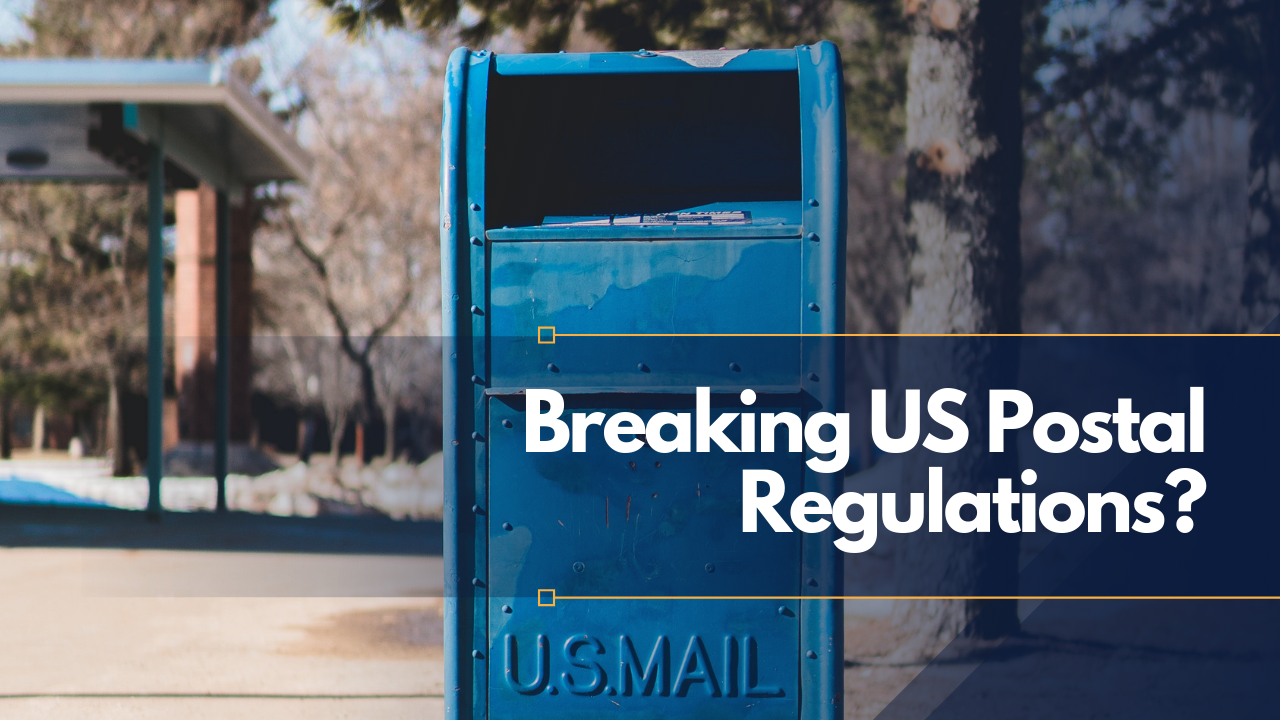- There are concerns that some workspace operators aren’t aware of compliance procedures when handling and forwarding mail on behalf of clients.
- Without obtaining signed, notarized consent from clients, any company that handles mail on behalf of their clients could be shut down.
- Here’s an overview of the information required, how to obtain consent, and why it’s necessary.
With huge growth in demand for flexible workspace, there has been a sharp increase in the number of companies operating flexible workplaces, including new market entrants.
In addition to coworking and serviced offices, many of these companies provide virtual office and mail forwarding services, too.
However, there are concerns that some operators, particularly those new to the industry, aren’t aware of the full legal requirements of handling and forwarding mail on behalf of others.
During a recent conversation, it was suggested to Allwork.Space that a lot of companies handling mail on behalf of their clients — which includes workspace operators — are not completing the full and necessary processes.
In short, they’re breaking US Postal Regulations, and could get their mail operation shut down.
What are They Doing Wrong?
Before handling or forwarding any piece of mail on behalf of a company, operators must ensure that the client has provided written, signed consent for them to do so.
That consent comes in the form of a specific document provided by the U.S. Postal Service — CMRA Form 1583 — which must be completed, signed and notarized by the client before any piece of mail can be handled on their behalf.
This is part of the U.S. Postal Regulations, but not every company is in compliance with these regulations.
Only by having their client sign and notarize Form 1583 can the operator become the client’s commercial mail receiving agency (CMRA). This document needs to be completed by each new client.
What Information Does the Client Need to Provide?
The client needs to provide basic identification details including the product or service they provide, address, and contact details.
They also need to provide photographic identification. Most importantly, the client needs to sign the document and have it witnessed by a notary.
To do this, some virtual office companies such as Alliance Virtual Offices now provide an online notary service. This takes care of the legal requirements by connecting the client with an online notary service via webcam to sign and complete the documents.
Once the process is complete, the operator then becomes the client’s CMRA, and is legally permitted to handle mail on their behalf.
Why is All This Necessary?
It’s necessary because it’s stipulated by the U.S. Postal Regulations.
From a business perspective, it’s also necessary to help protect your company from fraud.
For workspace operators, following CMRA regulations means that clients must provide a notarized document and identification. That means you always know exactly who is using your address. It dramatically reduces your chances of getting mixed up with fraudulent companies trying to use your workspace services for illegal activity.
Operators that don’t follow these regulations aren’t just jeopardizing their ability to receive mail on behalf of clients, they are also breaking with compliance and are potentially exposing their business to criminal activity. Don’t let that be you.

















